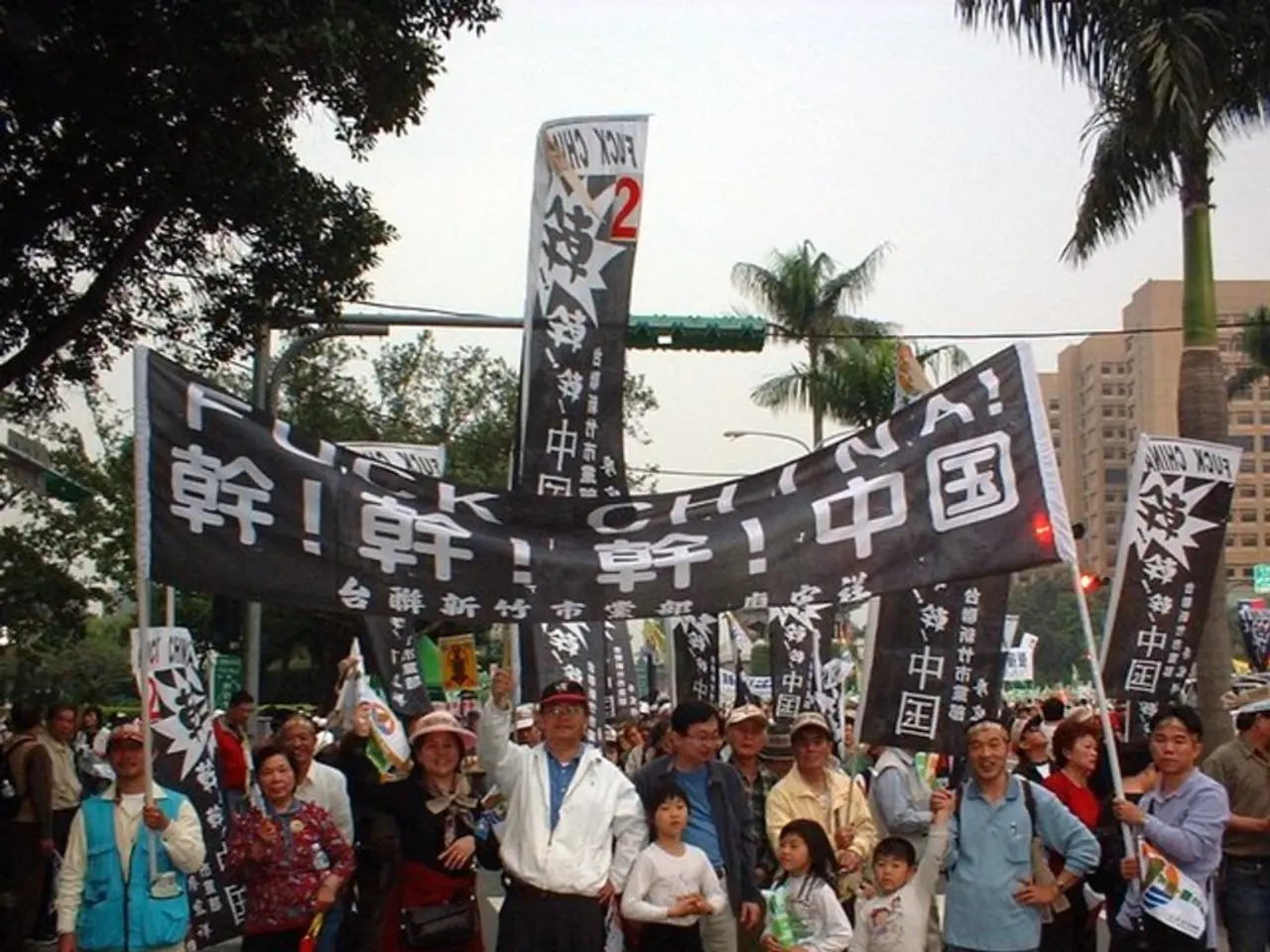Guidelines for Employees During Time Off
According to the Working Conditions Authority (ACT) in the Labour Code Law No. 83/2021 of December 6, employers are generally required not to contact employees during their rest periods. However, this duty to refrain from contact is not absolute and allows exceptions in cases of force majeure situations.
Force majeure situations, as defined by the ACT, are characterized by their inevitability and involve natural events or human actions that cannot be avoided either in themselves or in their consequences—even if foreseeable or preventable. These situations represent unforeseeable events beyond the employer's control, have the potential to cause serious destruction or damage to the company, and include examples such as earthquakes, fires, floods, severe weather, and power outages.
In such force majeure scenarios, the employer is permitted to contact employees during rest periods to safeguard the company's viability and ensure its continued operation, thereby protecting jobs. It is important to note that urgent situations created by the employer or superiors that could be resolved during normal working hours do not qualify as force majeure and therefore do not justify contacting employees during their rest periods.
The duty for employers to refrain from contact applies across all types of work, not just teleworking or remote work. The law does not specify the means of communication, including telephone, visits, emails, chat notifications, meeting requests, and others.
The ACT understands that the duty to abstain from contact, as enshrined in Article 199-A of the CT, is crucial to guarantee the enjoyment of workers' rest periods, promoting health, well-being, and work-life balance. The ACT emphasizes that force majeure situations are rare and should not be used as a means to circumvent the duty to respect employees' rest periods.
In summary, the specific force majeure situations allowing employer contact during rest periods include unforeseeable natural disasters or extreme events impacting company operations critically, such as earthquakes, fires, floods, severe weather conditions, and power outages. These exceptions are aimed at protecting the company from serious harm and ensuring operational continuity.
[1] Source: Working Conditions Authority (ACT)
- In exceptional force majeure scenarios, such as natural disasters like earthquakes, fires, or floods that severely affect the company's operations, employers may contact their employees during rest periods to safeguard the company's viability and maintain workplace-wellness.
- While promotimg health and well-being, the Working Conditions Authority (ACT) stresses that force majeure situations, defined as unforeseeable events beyond an employer's control, should not be manipulated to bypass employees' rest periods rights, except in cases where the events could cause significant destruction or damage to the company, such as earthquakes, fires, floods, severe weather, or power outages.




